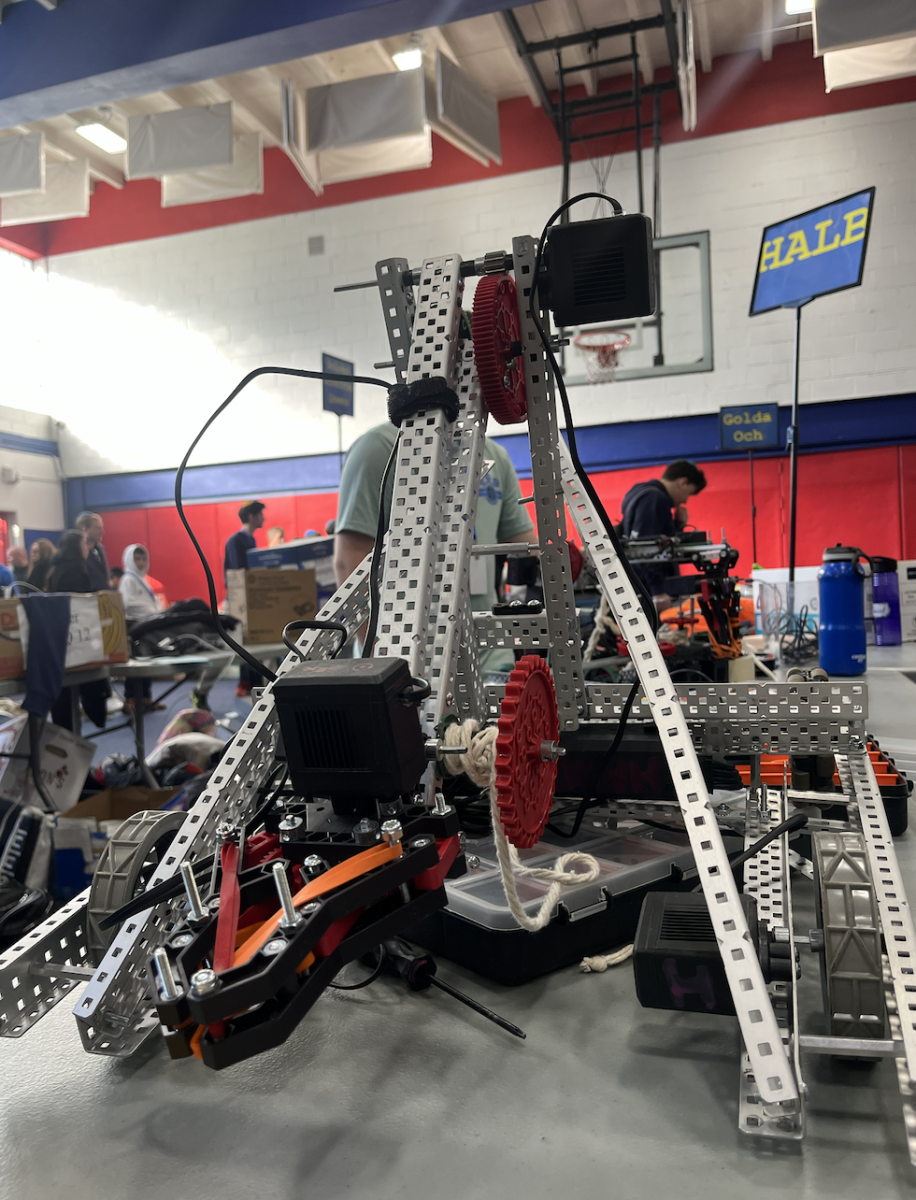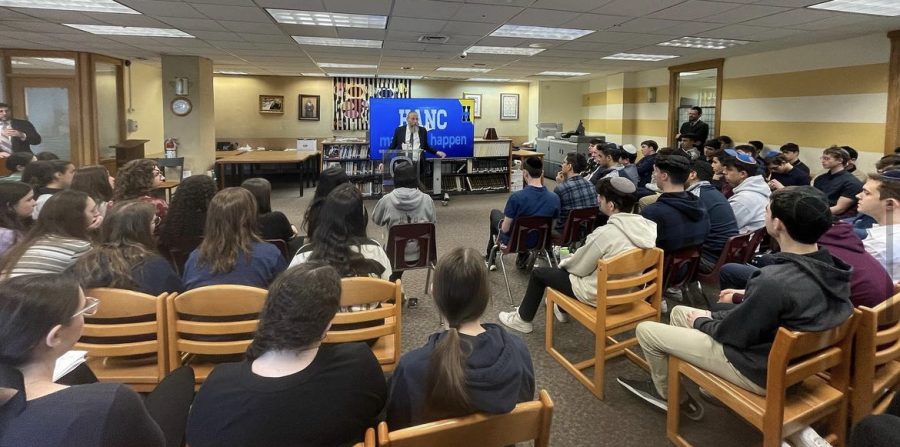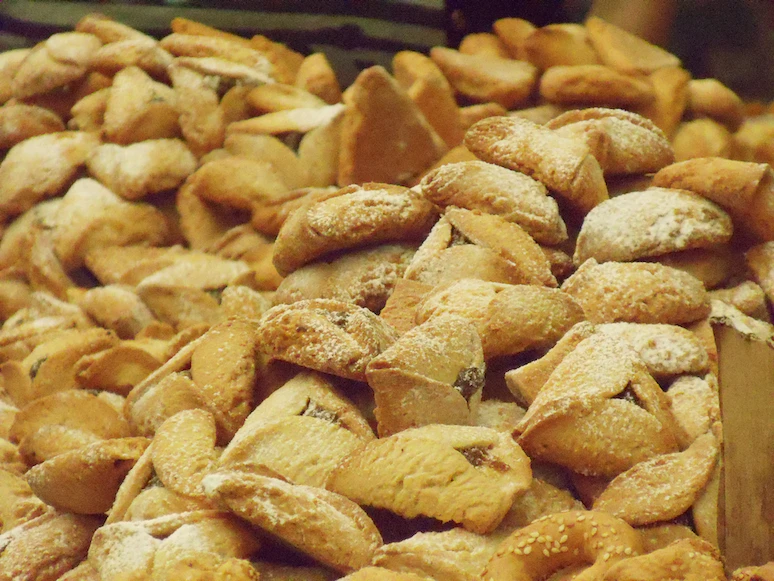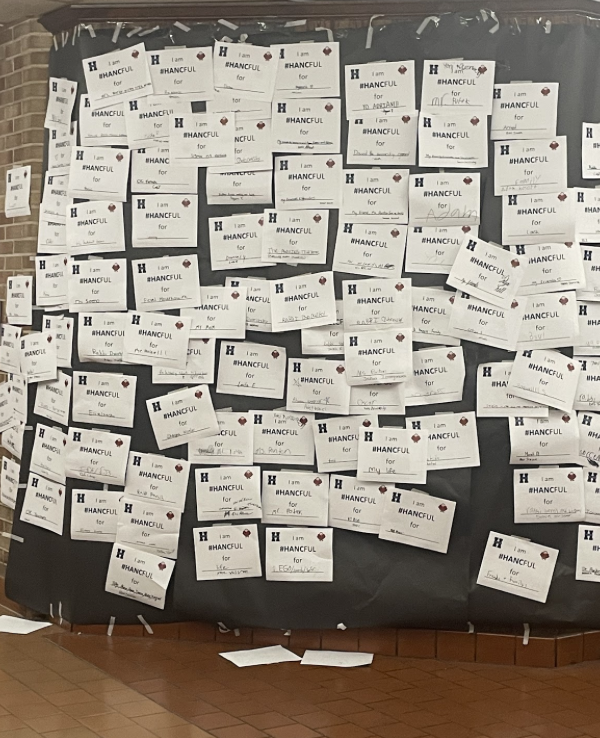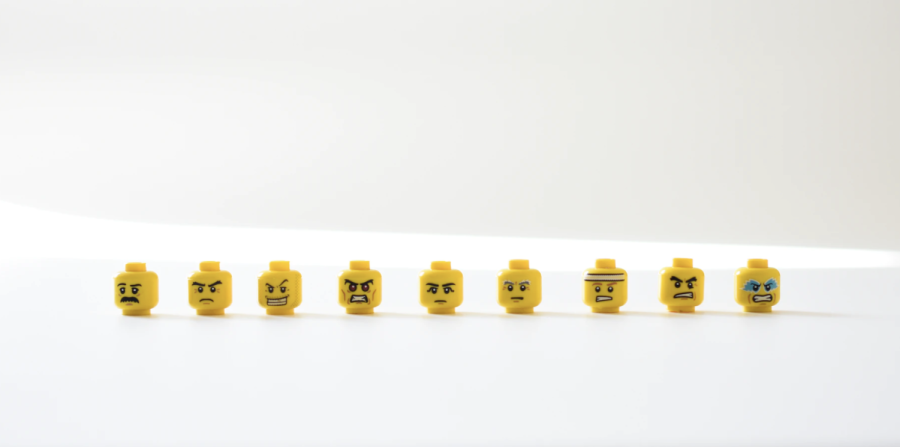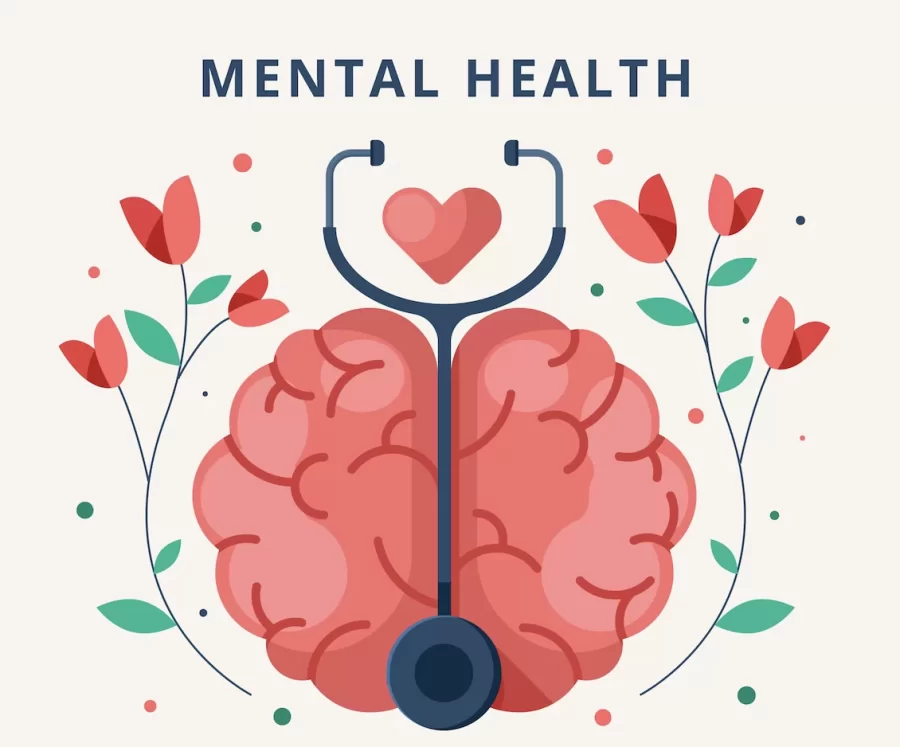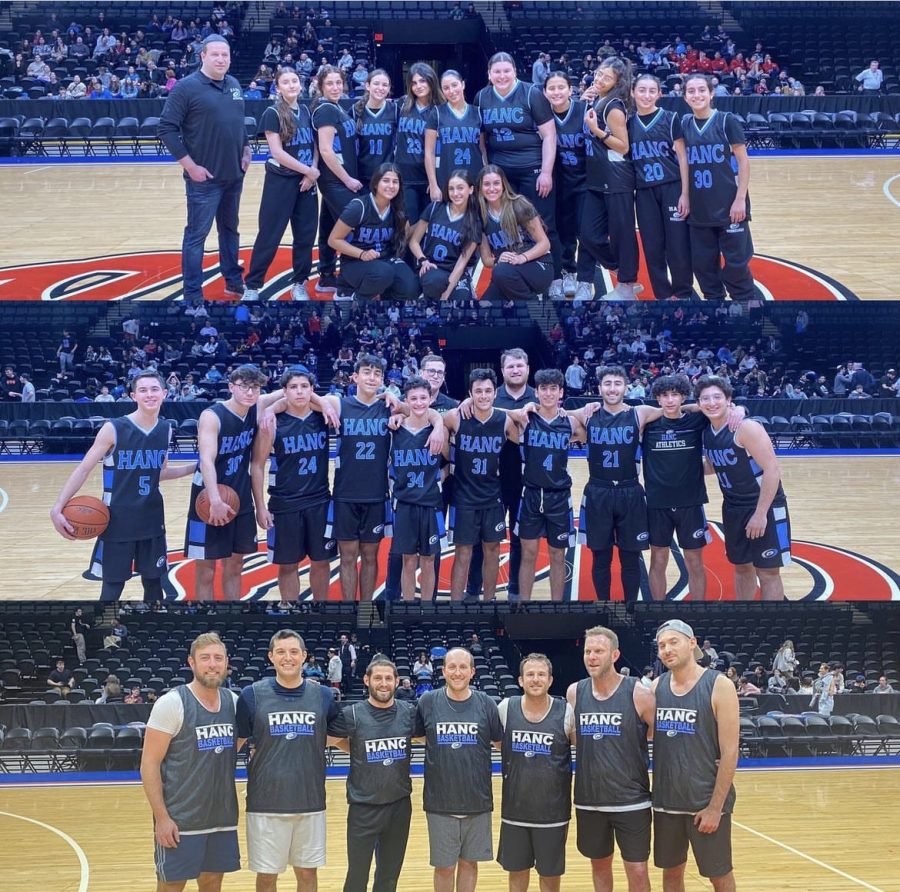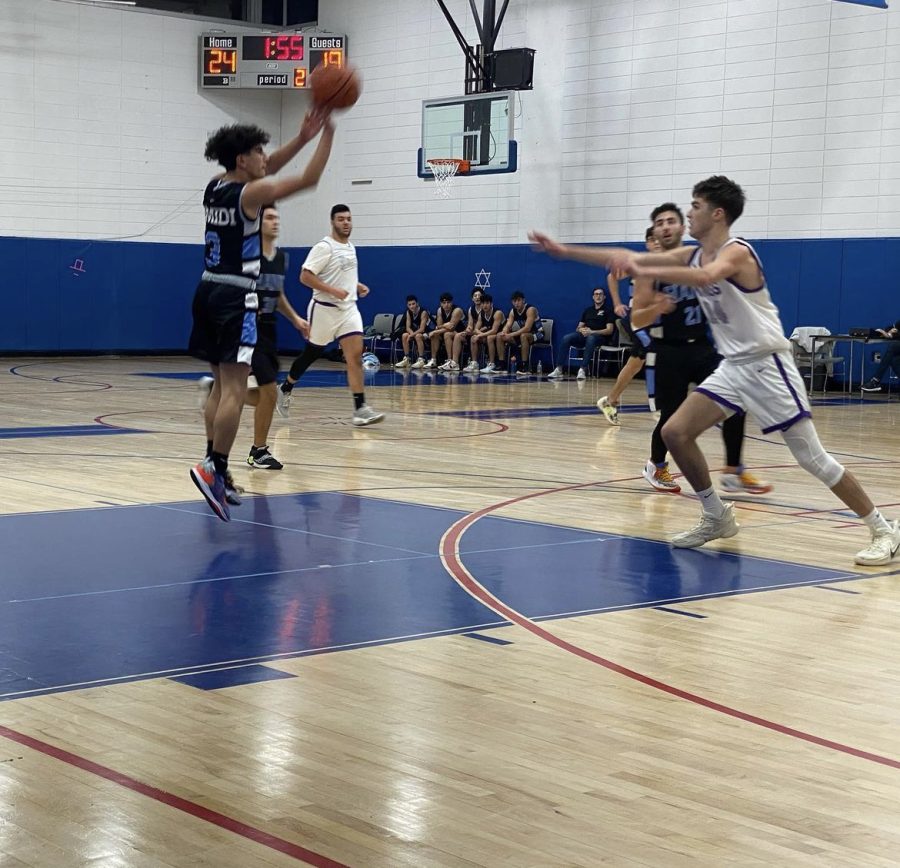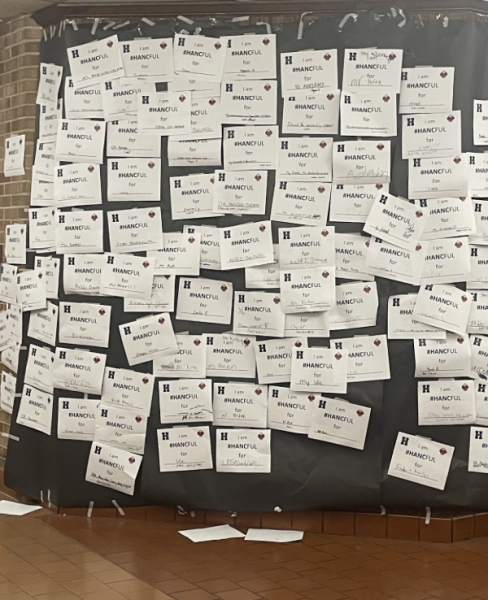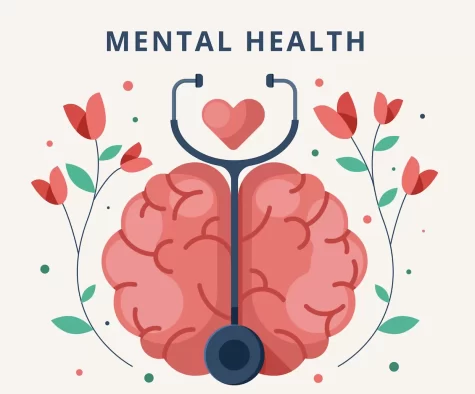Why do we choke under pressure?
Sian Beilock, a psychologist from the University of Chicago, built her career on studying why we often “choke” under pressure. She has studied athletes, students, and others who strive to be successful, looking at the different times that they crumbled under pressure. She even wrote a book on this topic, called “Choke: What the Secrets of the Brain Reveal About Getting It Right When You Have To.”
One of the specific questions that Dr. Beilock wanted to address was why American students lag behind much of the rest of the world in math. This is a particularly concerning statistic because math is a fundamental skill that people must have in order to succeed in jobs that our economy will need in the 21st century. Dr. Beilock says, “we are at risk of not having the math people we need for STEM careers.”
Being successful in different aspects of life does not only depend on how much you practice or how much knowledge you have gained. There are also many emotional factors that come into play. In her book, Dr. Beilock studied circumstances that make it more likely for people to choke and suggested some techniques that would help.
One factor that increases likelihood to choke under pressure is “stereotype threat.” This is the fact that just being aware of a stereotype against you can cause you to perform worse on a particular task. For example, a study was done in which black and white students at Stanford University were asked to take a standardized test. Half of the students were asked to list their race before starting the test, and the other half were not asked this question. Researchers found that when the students were not asked to report their race, there was no significant difference in scores between the black and white students. However, when the students were asked to report their race, the black students performed worse. Dr. Beilock explains that the black students were probably aware of a common stereotype against them – that they will not do as well on a challenging test as white students. When they were asked to state their race, they were reminded of this stereotype. This caused them to worry about doing badly and “proving” the stereotype, which then caused them to choke on the test.
This can apply to non-minority students as well. American students feel a tremendous amount of pressure when it comes to their performance in academic subjects, especially math. They may not be worried about their ranking as compared to other countries, but they are worried about getting a spot in one of the best academic programs. Thinking about the importance of a test before they take it, as well as the chance that they will not do well, can cause students to choke and perform worse than they would have if they had not been nervous.
Dr. Beilock found that one thing that helped reduce poor performance for minority students was journaling about their feelings before taking a test. When the minority students wrote about the things they were worried about, it decreased their anxiety and allowed them to achieve higher scores.
This technique can work even if you are not a minority student, worried about stereotypes held against you. It can also work for any students who are worried about their own expectations for themselves. Dr. Beilock explains, “When a person repeatedly confronts, describes, and relives thoughts and feelings about his or her negative experiences, the very act of disclosure lessens these thoughts.”
When it comes to choking, it is our own worries that get in the way of our ability to perform to our best potential. Fortunately, there is something that we can do about it.
Your donation will support the student journalists of Hebrew Academy Of Nassau County High School. Your contribution will allow us to purchase equipment and cover our annual website hosting costs.
This is the bio for the Sample Staff Member.





